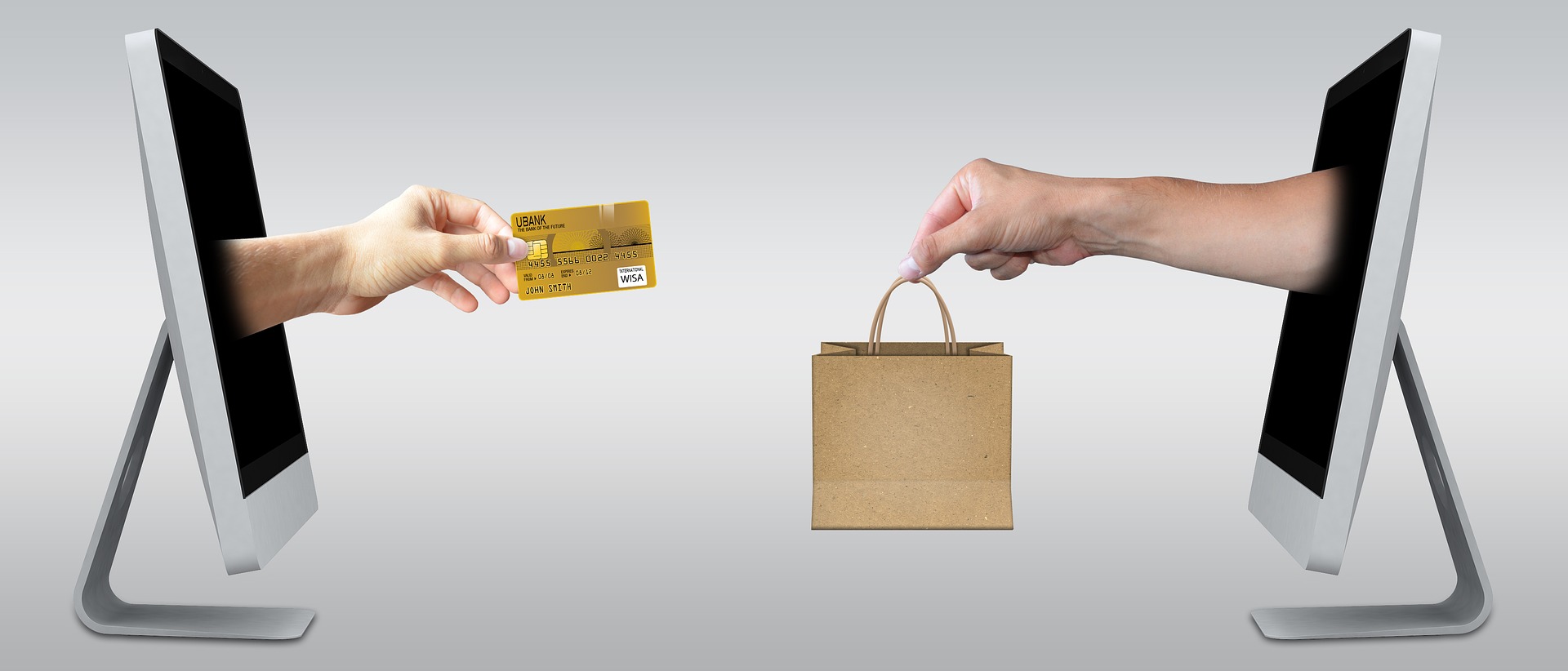
What You Need To Do Before Going Freelance: Your Essential Checklist
[AD] This post is for a paid partnership.
So, you’re thinking about going freelance? Congratulations! It’s an exciting journey filled with freedom and flexibility. However, before you dive in headfirst, there are a few important steps you should take to ensure a smooth transition. Let’s explore what you need to do before going freelance, from having a backup plan to getting organised.
Have a Backup Plan
Before making the leap into freelancing, it’s essential to have a backup plan in place. Freelancing can be unpredictable, especially at the beginning. Ensure you have some savings stashed away to cover your expenses for at least three to six months. This financial cushion will help you manage any lean periods without the stress of immediate bills piling up.
Do the Boring Bits
Ah, the not-so-glamorous side of freelancing! While it may not be the most thrilling part of going freelance, taking care of the administrative tasks is crucial. Here’s what you need to do:
- Register as Self-Employed: This is your first step to officially becoming a freelancer. Register with HMRC to ensure you’re compliant with tax regulations.
- Open a Business Bank Account: Keeping your personal and business finances separate is vital for effective bookkeeping. A dedicated business account will help you manage your income and expenses more efficiently.
- Keep on Top of Your Bookkeeping: Regularly tracking your income and expenses can save you a lot of headaches at tax time. Use accounting software or spreadsheets to keep everything organised.
- Hire Someone to Sort Out Your Taxes, NI, and VAT: If numbers aren’t your strong suit, consider hiring an accountant. They can help you navigate the complexities of taxes, National Insurance, and VAT, allowing you to focus on what you do best.
- Consider obtaining public liability insurance: This is particularly important to protect yourself against potential customer injuries and legal issues; this way, you can access the expertise of a specialised Tampa personal injury attorney (albeit, local) if needed.
Network and Connect
Going freelance doesn’t mean you have to work in isolation! Networking is one of the best ways to find clients and build relationships in your industry. Attend industry events, join online forums, or engage on social media platforms like LinkedIn. Building a solid network will not only provide you with potential leads but also offer support and advice from fellow freelancers.
Be Organised
Staying organised is key to a successful freelance career. Create a dedicated workspace, whether it’s a home office or a co-working space, to help you focus. Use digital tools like calendars, task managers, and project management software to keep track of deadlines and client projects. The more organised you are, the more productive you’ll be!
Save and Prepare
Before going freelance, assess your financial situation and start saving. It’s a smart move to have enough funds to cover your living expenses, especially during the initial months when your income may be inconsistent. Additionally, consider investing in professional development courses or workshops to enhance your skills and stay competitive.
Final Thoughts
Going freelance can be an incredibly rewarding experience, but it requires careful planning and preparation. By following these essential steps, you’ll set yourself up for success. Remember to have a backup plan, tackle the boring bits, network with others, stay organised, and save for the future. With a little effort, you can turn your freelance dreams into reality.
Until next time.




